Calcium; An Essential Nutrient For Bone Health
Calcium is an essential nutrient that our body needs for many functions including bone health and fracture prevention. It’s deficiency can lead to many health problems. A prolonged calcium deficiency can cause, muscle problems, dental problems, depression and other repercussions on your health. This blog is all about calcium such as how much calcium do we really need? Does calcium requirement change with age? are supplements needed or helpful?

What is Calcium?
Calcium is an essential nutrient that plays an important role in various basic yet crucial functions of the human body. Our body needs calcium for blood circulation, muscle movement (contraction and relaxation), and hormone secretion. It also supports the brain to transfer the signals to other parts of the body.
It is considered a key ingredient for our tooth and bone health as well. It makes our bones stronger. Most of the calcium, store in our bones, that’s why bones are called “calcium-bank”. If we don’t get enough calcium from the diet, our body starts taking it from the bones for normal cellular functioning, this leads to “Osteoporosis” (loss of bone mass).
Sources of Calcium
Bones need more calcium during growing years but, however, our body does not produce calcium. Therefore getting enough calcium in your diet is essential to ensure optimum bone health. Some good calcium food sources include:
- Dairy Products– Milk, yogurt, and cheese
- Dark Leafy Vegetables- Spinach, broccoli, kale, okra, mustard greens, basil, fennel, celery, kale
- Beans- White and navy beans
- Soy Products & Other Fortified Food – Soymilk, almond milk, tofu, and orange juice
- Seeds and Nuts– Sesame seeds, chia seeds, almonds, brazil nuts, figs
- Garlic, cinnamon
Role Of Vitamin D To Absorb Calcium
Vitamin D increases the absorption of calcium and phosphorus from the small intestine, So to get all the benefits of calcium, you will have to take care of vitamin D too.
Magnesium and vitamin D help to regulate the amount of calcium in the blood, strengthen your bone and lower the risk of falling.
It is also called the “sunshine vitamin“, as sunlight is the best source of vitamin D. Some vegetables such as mushrooms are also considered as a source of vitamin D.
Health Benefits of Calcium
Calcium is an essential nutrient that plays many health benefits. Some include the following:
- Increases bone health and teeth formation
- Maintain skeletal strength and growth
- Blood circulation and formation of blood vessel
- Absorption of vitamin B12
- Muscle contraction and relaxation
- Enzymes activities
- Releasing hormones and enzymes that support many bodily functions
- Calcium ease premenstrual syndrome (PMS) in women
- Calcium helps to improve cholesterol level
- Reduces the risk of hypertension
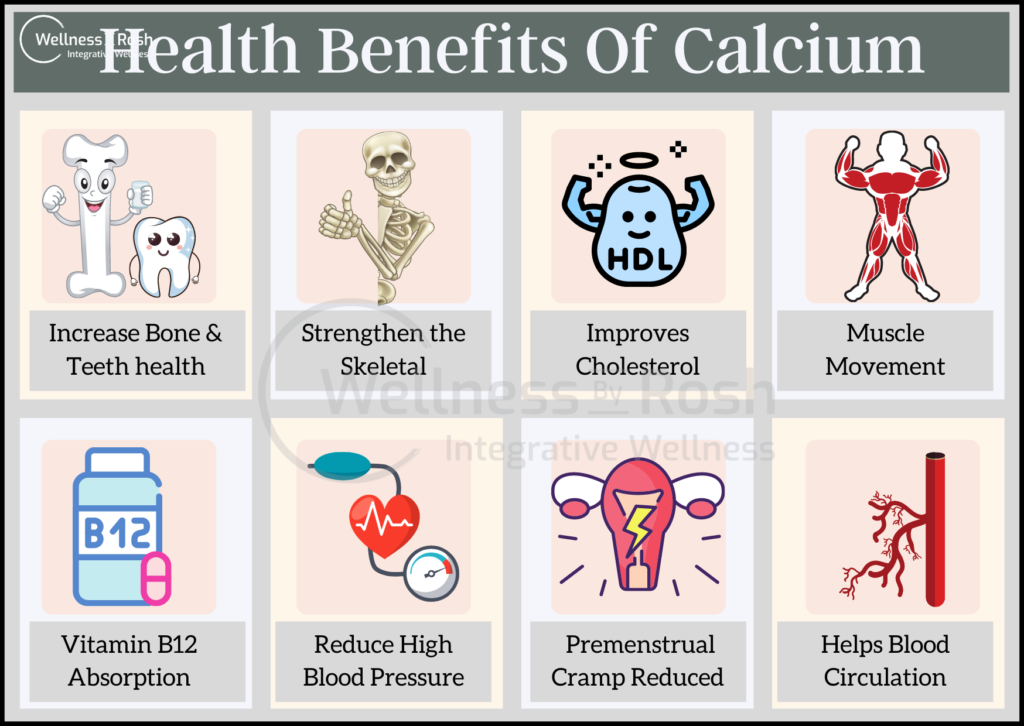
Reasons for Calcium Deficiency
There can be many reasons for calcium deficiency. For instances:
- Deficiency of vitamin-D
- Low calcium intake
- Food allergy (eg. lactose intolerance)
- Certain medications like antibiotics
- Vegan Diet
- Poor absorption of nutrients in the body
- Hormonal imbalance
- Consuming excess tea or coffee
- Unhealthy or leaky gut
- Consuming an excess amount of protein supplements
- Genetic factors
- Aging
- long term use of laxatives
Symptoms Of Calcium Deficiency
- Neck pain and back pain
- Pain in bones, especially in joints
- Bones get fractured easily and cause osteoporosis, especially in aged people
- Muscle cramps
- Cracking sound coming from bones
- Numbness and tickling in fingers and toes
- Brittle nails with a white spot on it
- Tiredness and low energy
- Mood swings and depression
- Confusion and memory loss
- Difficulty in swallowing food and water
- Prolong calcium deficiency increased the risk of colon cancer

Excessive Intake Of Calcium May Have Negative Impacts
Though calcium is an essential nutrient for humans, but too much calcium caused hypercalcemia, a condition where calcium levels in the blood are present in excess amount. This happens especially from, overconsumption of calcium supplements, and may cause some serious health issues such as:
- Weakness and fatigue
- Chest pain
- Irregular heartbeat
- Nausea
- Shortness of breath
- Renal (kidney) damage
- Constipation
- Gastrointestinal problems such as gas and bloating
- Long term high consumption of calcium may cause heart problem
Supplements Guidelines
- Recommended Daily dosage of up to 500 mg after food if on medications related to depletion of calcium from the body (such as Steroids, NSAIDs, acid blockers, and antibiotics, etc )
- Ideal forms are calcium citrate or calcium gluconate
- Calcium is better absorbed when combined with vitamin D3, and vitamin K2
- Keep a gap of 2 hours if supplementing magnesium, zinc and iron as they compete with calcium for absorption
- Calcium interacts with numerous drugs such as Levothyroxine so used with caution by people with renal disease or hyperparathyroid conditions
Summary
Calcium is a vital nutrient. All living organisms, including humans, need calcium for various body functions. it is essential for bones and teeth. Vitamin D plays a key role in calcium absorption in the body. However, its deficiency may lead to many health problems such as osteoporosis, and prolonged deficiency may cause life-threatening diseases like colon cancer.
It is important to include calcium-rich food in your diet and sit in sunlight to get enough vitamin D. Supplements also help to complete calcium daily needs, but consult your physician, before starting calcium supplement, especially if you are on any kind of medication because Calcium can interact with other drug and can show adverse effects as well. Keep your thyroid medications for four hours separated from calcium supplementations.

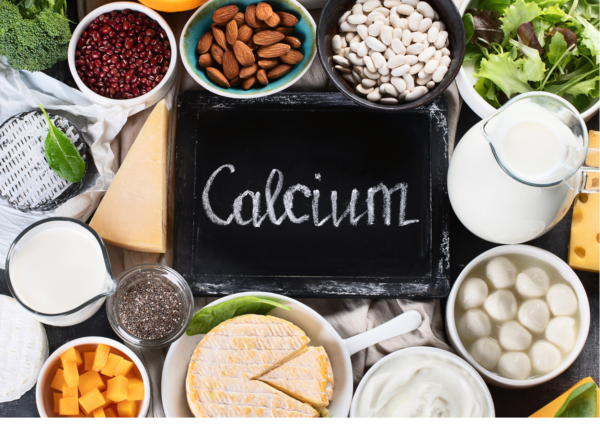
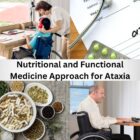

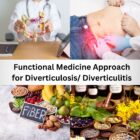
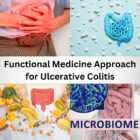
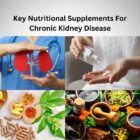



Deepmanuu
18-Dec-21Appreciable knowledge for healthy lifestyle.
The Role of Chromium in Diabetes, Insulin Resistance, Obesity and Food Cravings. - Wellness By Rosh | Integrative Wellness
15-May-22[…] amounts of trace elements like calcium, magnesium and chromium are essential for everyone, especially active people as these […]
Everything You Need to Know About Hypertension - Wellness By Rosh | Integrative Wellness
24-Nov-22[…] in calcium, Potassium, Magnesium, Protein, and […]